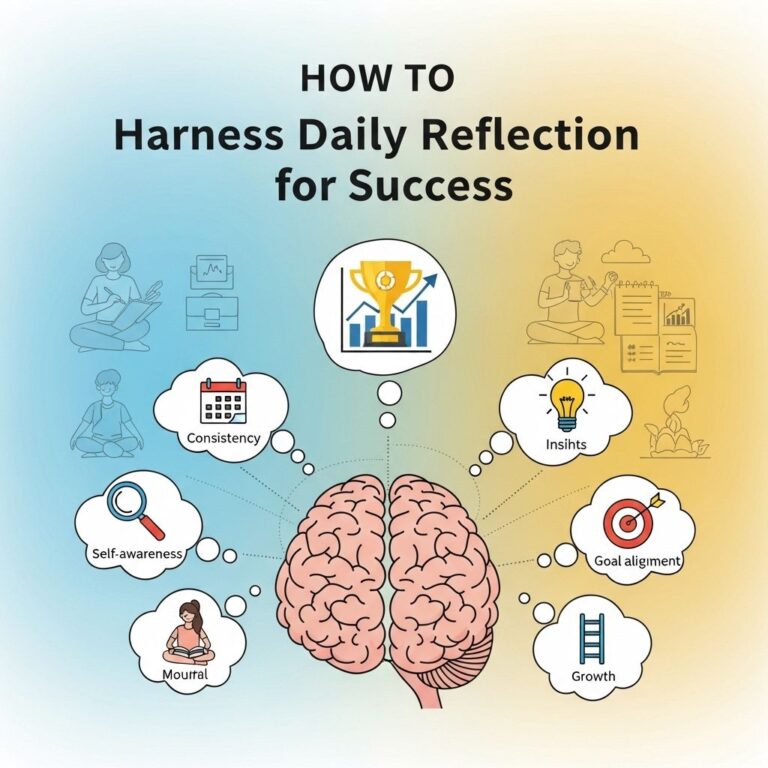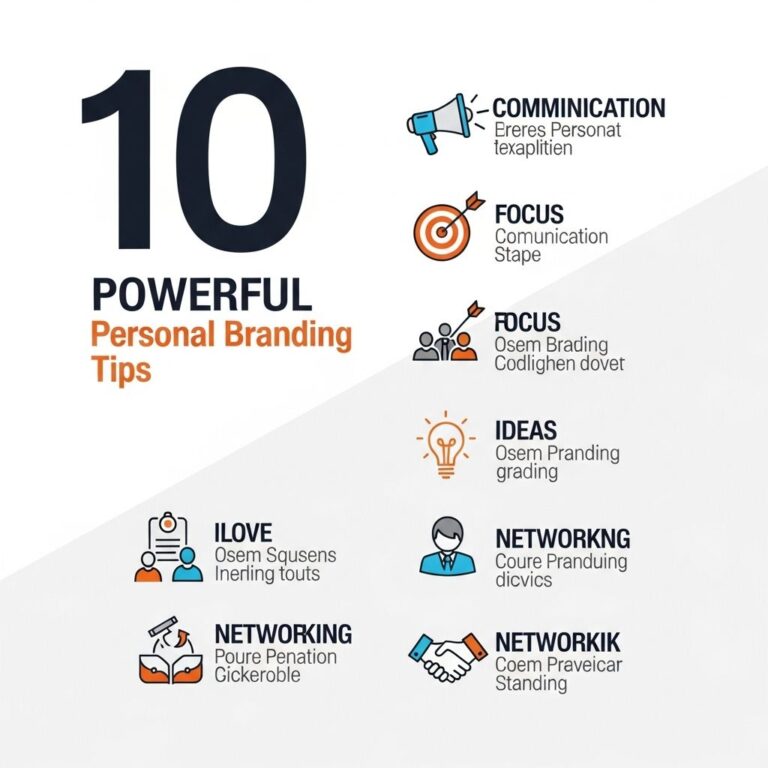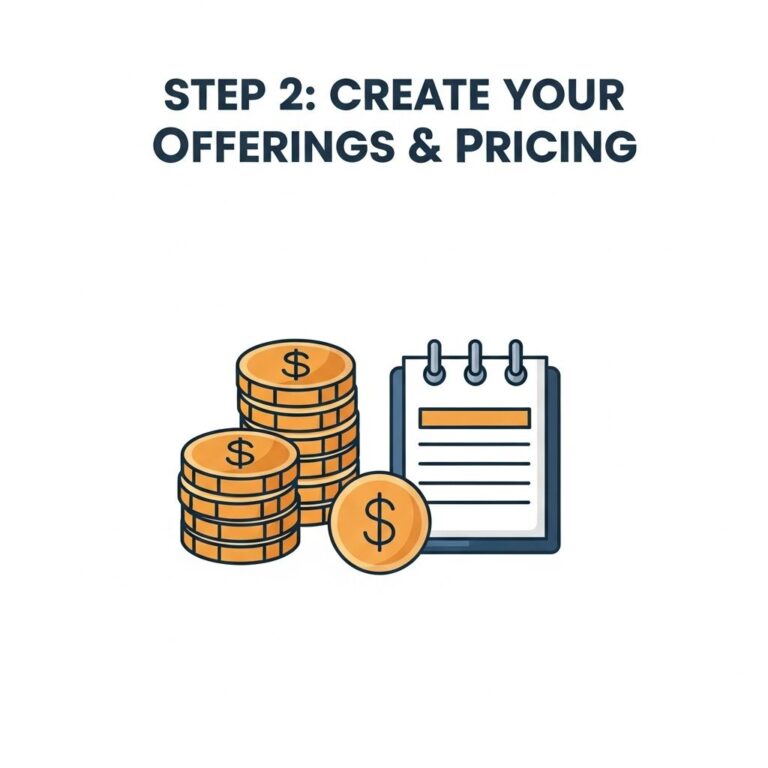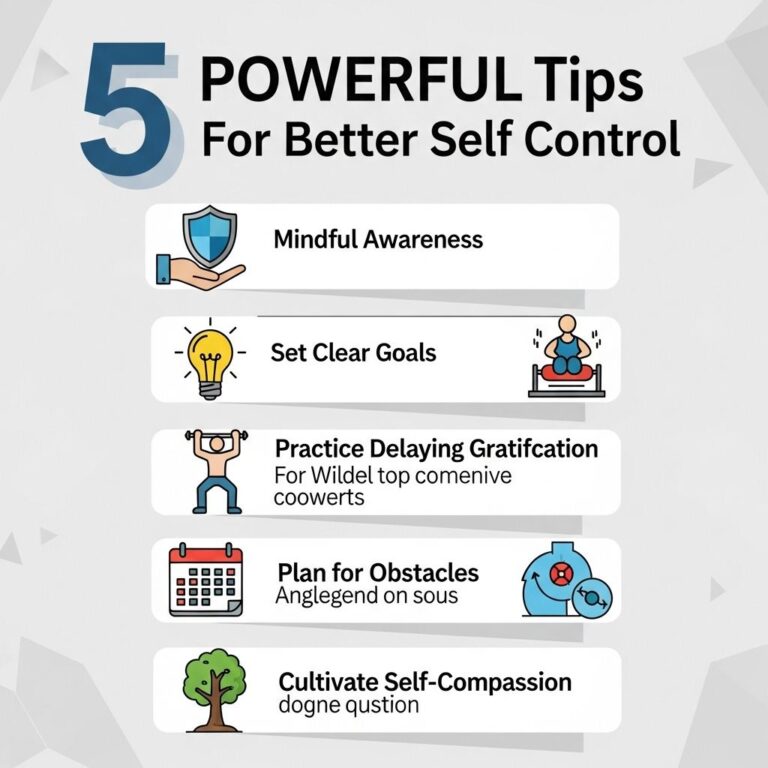In today’s digital age, personal branding is essential for anyone looking to establish a strong presence in their field. Whether you’re a freelancer, entrepreneur, or corporate professional, how you present yourself online and offline can significantly impact your success. This article dives into the vital components of personal branding and offers actionable ideas to help you stand out in a crowded market.
Table of Contents
Understanding Personal Branding
Personal branding is the process of creating and managing your reputation and impression. It involves showcasing your skills, experiences, and personality in a way that resonates with your target audience. Here are some key aspects:
- Authenticity: Being true to yourself and your values.
- Visibility: Ensuring your brand is seen by the right people.
- Consistency: Maintaining a uniform message across all platforms.
The Importance of Personal Branding
A strong personal brand can lead to numerous benefits, including:
- Career Advancement: A well-established brand can open doors to new opportunities.
- Credibility: Building trust with your audience through transparency and expertise.
- Networking: Attracting like-minded individuals and potential collaborators.
7 Ideas for Personal Branding Success
1. Define Your Niche
Identify the specific area you want to specialize in. Consider your skills, passions, and market demand. This will help you target your messaging effectively.
2. Create a Professional Website
Your website serves as your online business card. It should include:
- A clear description of your services or expertise.
- A portfolio showcasing your best work.
- Contact information and social media links.
3. Leverage Social Media
Select platforms that align with your audience and engage regularly. Consider the following:
| Platform | Best Use | Tip |
|---|---|---|
| Professional networking | Share industry insights and articles. | |
| Microblogging and updates | Engage in conversations and trends. | |
| Visual storytelling | Showcase your personality creatively. |
4. Network Strategically
Building connections is crucial. Consider these strategies:
- Attend industry events and conferences.
- Utilize online forums and groups related to your niche.
- Engage with influencers and thought leaders in your field.
5. Create Valuable Content
Content helps position you as an expert. Consider writing:
- Blog posts about industry trends and insights.
- How-to guides that showcase your expertise.
- Videos or podcasts discussing relevant topics.
6. Seek Feedback
Regularly request feedback from peers and mentors. This will help you refine your brand and ensure you’re meeting the needs of your audience. Utilize surveys and direct conversations to gather insights.
7. Monitor Your Online Presence
Be proactive in managing your online reputation. Search for your name and ensure your profiles reflect your branding. Consider using tools such as:
- Google Alerts for mentions of your name.
- Social media monitoring tools to track engagement.
- Online reputation management services if necessary.
Conclusion
Creating a personal brand is an ongoing process that requires dedication and strategic planning. By defining your niche, leveraging social media, and continuously seeking feedback, you can build a powerful personal brand that opens doors and drives your career forward. Remember, your personal brand is a reflection of who you are—make it authentic, visible, and memorable.
FAQ
What is personal branding?
Personal branding is the practice of marketing yourself and your career as a brand. It involves defining your unique skills, experiences, and values to create a distinct identity.
Why is personal branding important?
Personal branding is crucial as it helps you stand out in a crowded market, establishes your credibility, and can lead to more career opportunities.
How can I define my personal brand?
To define your personal brand, identify your strengths, values, and passions, and consider how you want to be perceived by others.
What are effective strategies for building a personal brand?
Effective strategies include creating a strong online presence, networking, sharing valuable content, and being consistent in your messaging.
How can social media be used for personal branding?
Social media can amplify your personal brand by allowing you to share your expertise, connect with your audience, and engage with industry leaders.
What role does storytelling play in personal branding?
Storytelling is vital in personal branding as it helps convey your journey, values, and unique experiences in a relatable way, making your brand more memorable.









